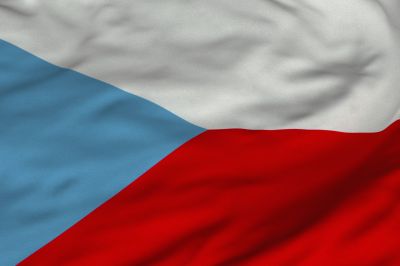
Tertiary education sector is divided into higher education (ISCED 5A
and 6) and tertiary professional education (ISCED 5B). The notion
tertiary education is not defined in present legislation but is used in
official documents. Higher education and tertiary professional education
applicants qualify for entry if they have completed secondary education
completed with a school-leaving examination (maturitní zkouška) and met
the admission requirements stipulated by a relevant institution.
Higher education is delivered at higher education institutions (vysoké školy) which form the highest level of the Czech education system. Higher education consists of three cycles:
Higher education institutions are public, state and private. Under
the Higher Education Act they are classified as university type (24
public, 2 state and 3 private) which offer study programmes at all three
levels of higher education and non-university type (2 public and 43
private) which offer mainly Bachelor’s programmes but may also provide
Master’s programmes.
The basic prerequisite for entry into bachelor’s and non-structured Master’s programmes is completed secondary education with a school-leaving examination. Detailed admission requirements are set by a relevant higher education institution and may include an entrance examination. Higher education can take forms of full-time courses, distance-learning courses or a combination of both. Students have to follow a study plan within an accredited study programme, accreditation is awarded by the Ministry of Education, Youth and Sports on the basis of a recommendation of the Accreditation commission.
Studies are duly completed if students obtain their qualification through:
Tertiary professional education. Education in a conservatoire which also provides this level of education.
Tertiary professional schools (vyšší odborné školy) are
public, state, private or denominational. The prerequisite for admission
is secondary education completed with a school-leaving examination
(maturitní zkouška). Admission process details are set by the school
head and can include an entrance examination. The courses usually
include both theoretical and practical part. Educational programme is
subject to accreditation from the Ministry of Education that is awarded
on the basis of a recommendation of the Accreditation Commission for
Tertiary Professional Education.
Education ends with an absolutorium, a final examination
consisting of a theoretical exam in vocational subjects, an exam in a
foreign language and defence of a thesis. Graduates obtain absolutorium
certificates, a diploma and the title „Diploma Specialist“ (DiS).
School-leavers from tertiary professional do not have access to
Master’s degree programmes. Some higher education institutions, however,
offer a possibility to acknowledge the subjects studied within a
tertiary professional school programme thus enabling the school-leavers
to complete their Bachelor’s programmes in a shorter period of time.
Bachelor’s programmes are described in First Cycle Programmes, Master’s programmes following the Bachelor’s programmes in Second Cycle Programmes, non-structured Master’s programmesin individual section and Doctoral programmes in Third Cycle Programmes.
Education in tertiary professional schools is described in Programmes outside the Bachelor and Master Structure, in conservatoires in the chapter Upper secondary and post-secondary non-tertiary education.
Administration and governance of tertiary education at national, regional, local and institutional level is provided separately in the chapter Organization and governance.
Information on private higher education institutions and tertiary professional schools is dealt with separately in Organization of private education.